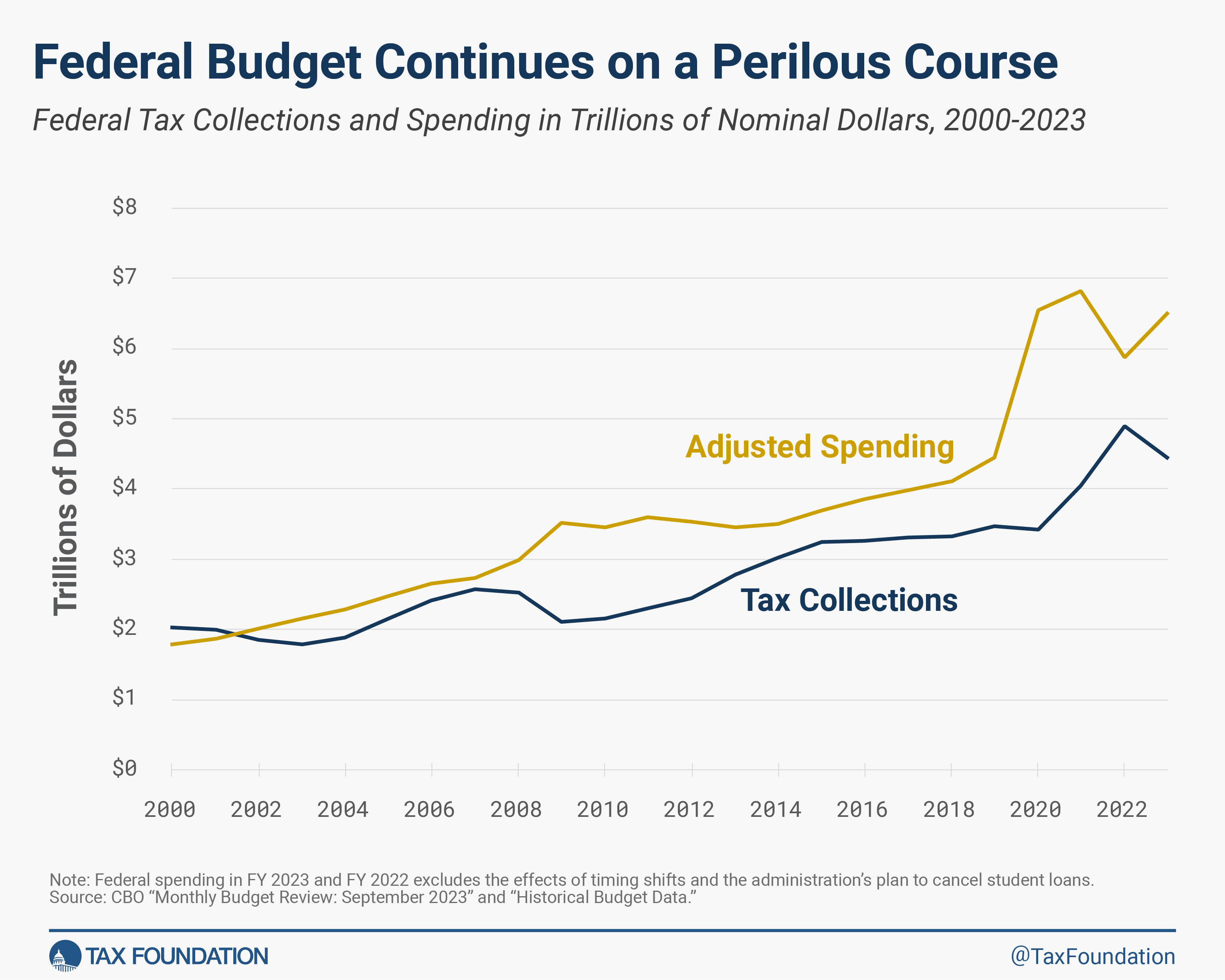Estate Planning Myths: What You Think You Know May Hurt You
Hopefully, you are already aware of the importance of having a comprehensive estate plan in place. A well thought out estate plan can protect you, your assets, and your loved ones both while you are alive and after you are gone. Relying on some common estate planning myths relating to what happens after you die, however, can cause your estate plan to fail. With that in mind, the Indianapolis attorneys at Frank & Kraft debunk some common estate planning myths to help prevent you from relying on inaccurate information.
The State Does Not Take Everything If You Die Intestate
A commonly held belief is that the State (in this case Indiana) will take all your assets if you die intestate, meaning without a Last Will and Testament or trust that provides for the distribution of your assets. Like most myths, there is a logical place from which this myth originates. The State does effectively create your estate plan if you die intestate; however, your assets will be distributed according to the state intestate succession laws, resulting in your assets being distributed to a spouse and/or close relatives. The only way that the State will end up with your assets is if, after a diligent search, not a single living relative of yours is located. Only then will your estate assets escheat to the State of Indiana.
The Existence of a Will Does Not Mean Your Estate Avoids Probate
Like many people, you may want your estate to avoid probate because it is time-consuming and costly. You may also be under the mistaken belief that having a Will in place at the time of your death is sufficient to achieve this goal. Although there are numerous reasons why you should execute a Will prior to your death, doing so does not guarantee that your estate will avoid probate. Opting for a living trust as the primary means of asset distribution proves more effective in probate avoidance because assets held in a living trust bypass probate and can be distributed immediately after your death if the trust terms so dictate.
A Will Alone Does Not Ensure Financial Security for Your Family
If you are the primary (or sole) financial provider for your immediate family, you probably worry about their financial security if something happens to you. You may have been misled into believing that executing a Will that leaves all your assets to a spouse (or other family members who are dependent on you) assures the financial security of your family when, in fact, it does not. The problem with gifting assets in your Will is that it may take a significant amount of time for your intended beneficiary (or beneficiaries) to receive the assets because they may be required to wait until the conclusion of probate. Fortunately, there are estate planning tools and strategies, such as a living trust, joint title, and life insurance proceeds, that can make sure assets are immediately available to loved ones following your death.
You Still Need an Estate Plan Even If You Want Your Spouse to Receive Everything
Yet another common estate planning myth is that an estate plan is not necessary if you want your spouse to receive everything. State law determines what happens to estate assets if you die without a Will. In most states, including Indiana, your spouse will not inherit everything if you die intestate unless you leave behind no other living heirs. If you are survived by children, grandchildren, or parents, your spouse will only receive a portion of your estate.
Your Debts Could Follow You after Your Death
While you may no longer have to worry about your debts after you are gone, your loved ones may not be entirely in the clear. Contrary to popular belief, your loved ones may have to deal with certain debts. Although some debts may die with you; however, one potentially huge debt that could directly impact the inheritance you plan to leave behind for loved ones is Medicaid. If you received Medicaid benefits that helped pay for long-term care during your lifetime, the Medicaid Estate Recovery Program might place a lien on your home to recuperate expenses after you are gone.
Are You Ready to Review Your Estate Plan?
For more information, please join us for an upcoming FREE seminar. If you are interested in sitting down and reviewing your estate plan to ensure that you have not made decisions within that plan based on common estate planning myths, contact the experienced Indianapolis estate planning attorneys at Frank & Kraft by calling (317) 684-1100 to schedule an appointment.
Paul Kraft is Co-Founder and the senior Principal of Frank & Kraft, one of the leading law firms in Indiana in the area of estate planning as well as business and tax planning.
Mr. Kraft assists clients primarily in the areas of estate planning and administration, Medicaid planning, federal and state taxation, real estate and corporate law, bringing the added perspective of an accounting background to his work.
Latest posts by Paul A. Kraft, Estate Planning Attorney (see all)






